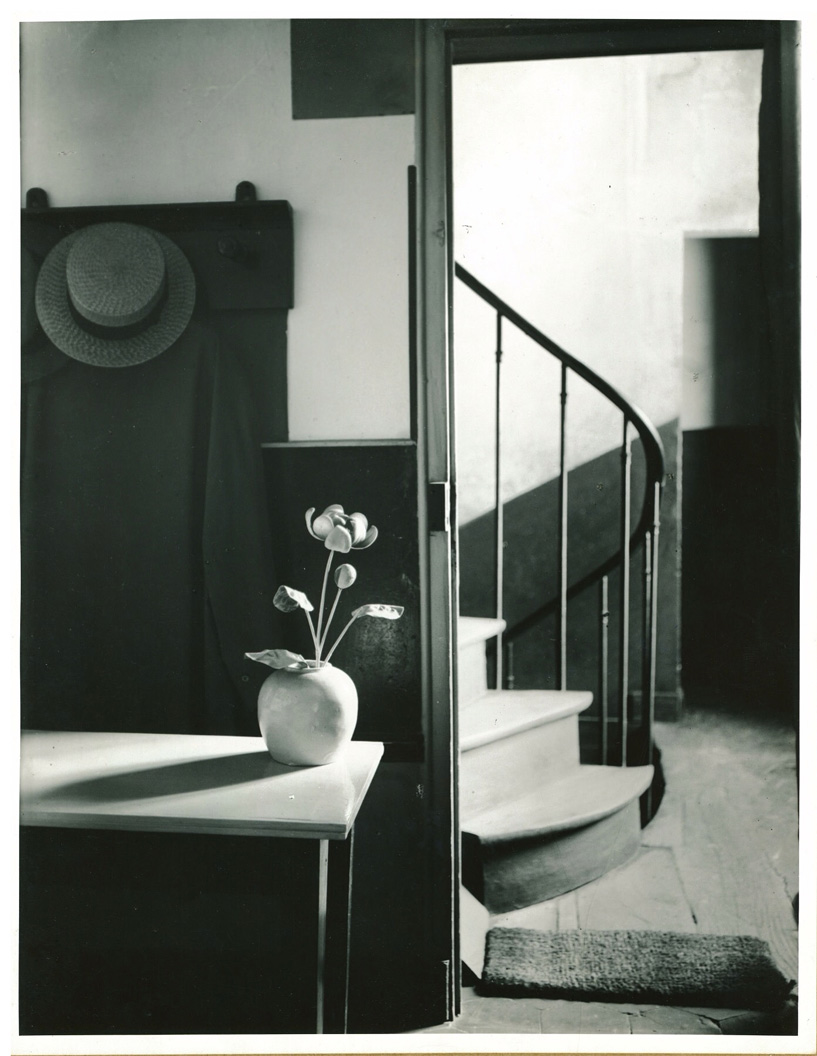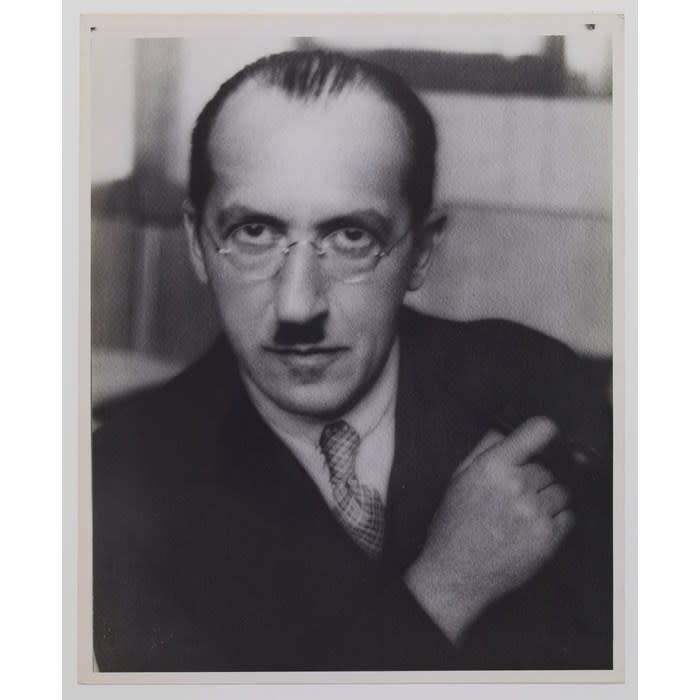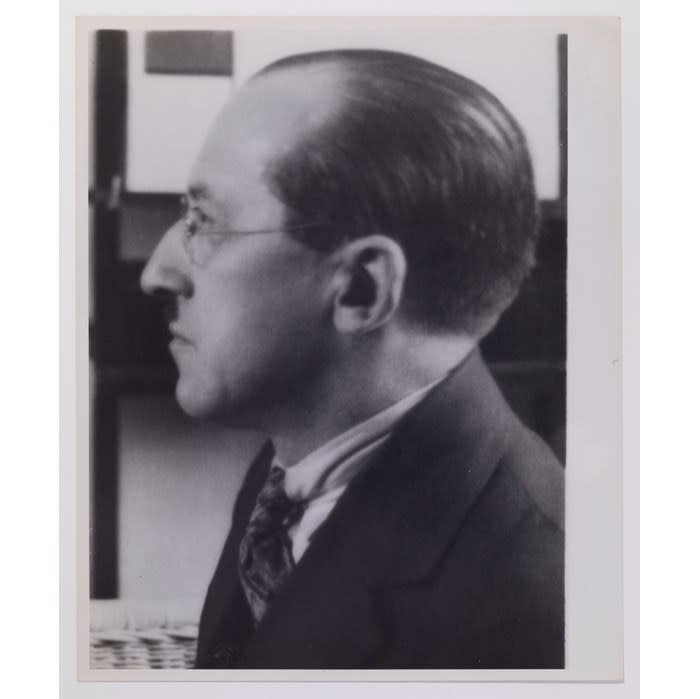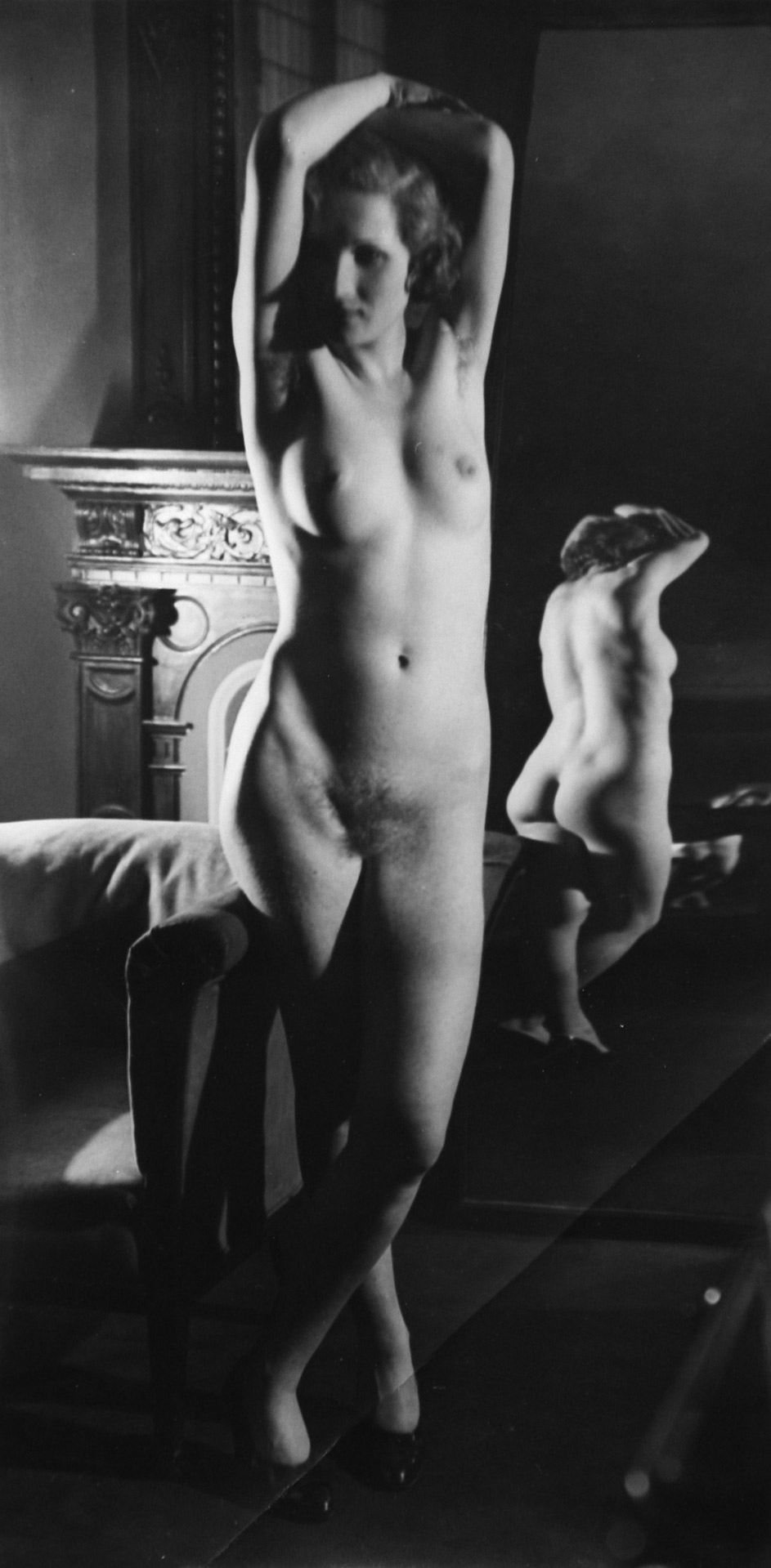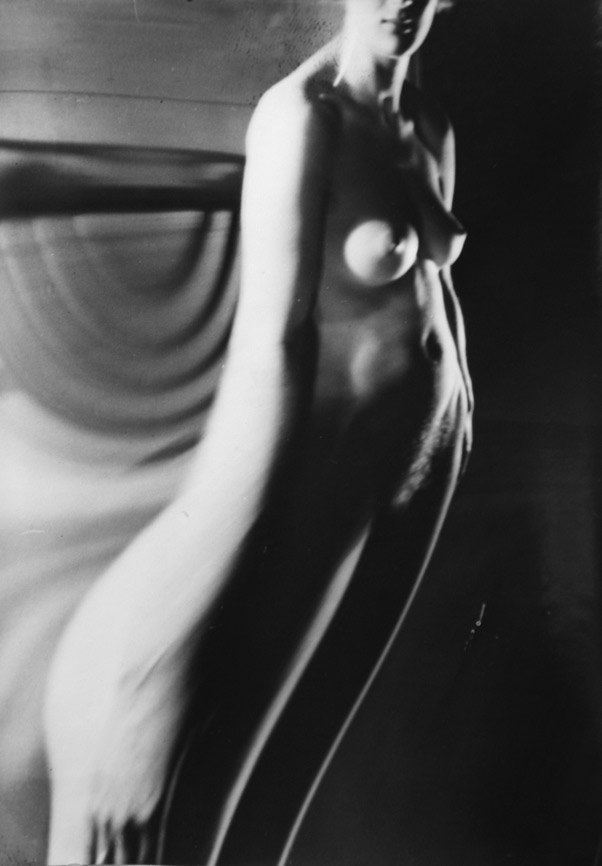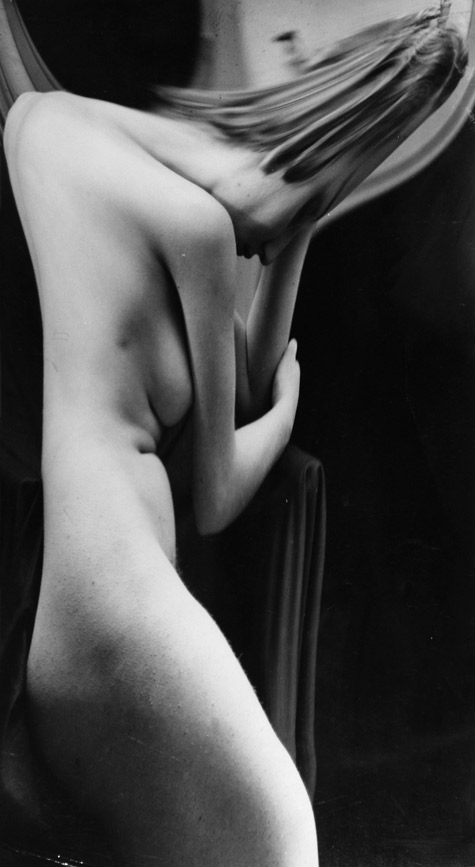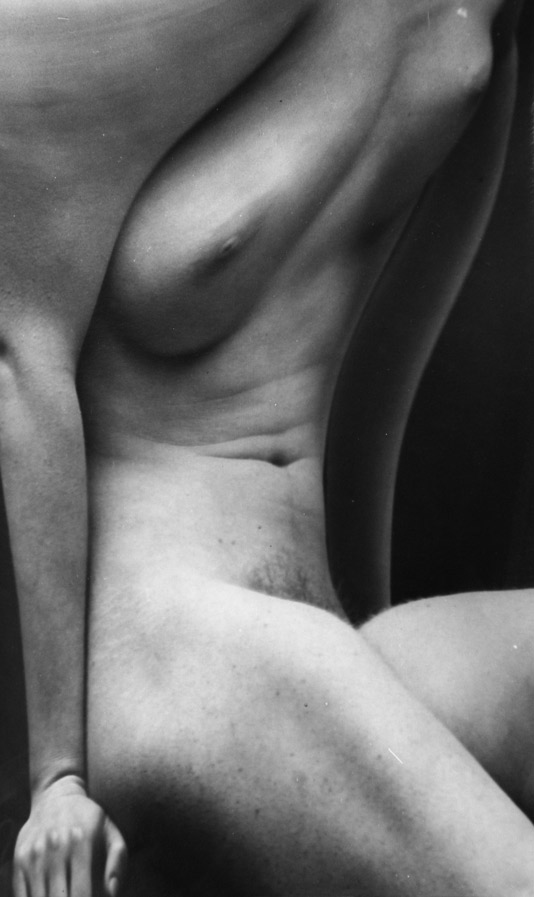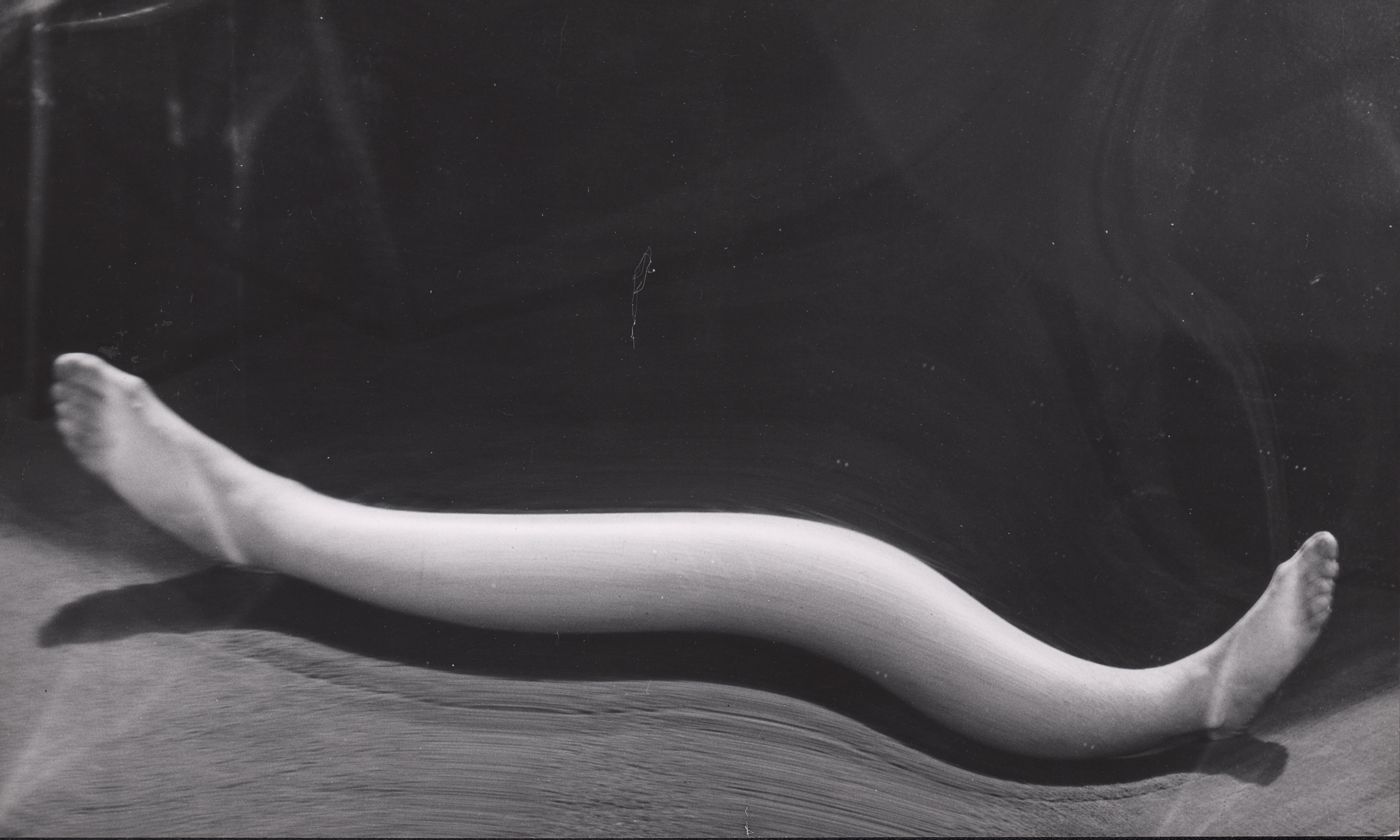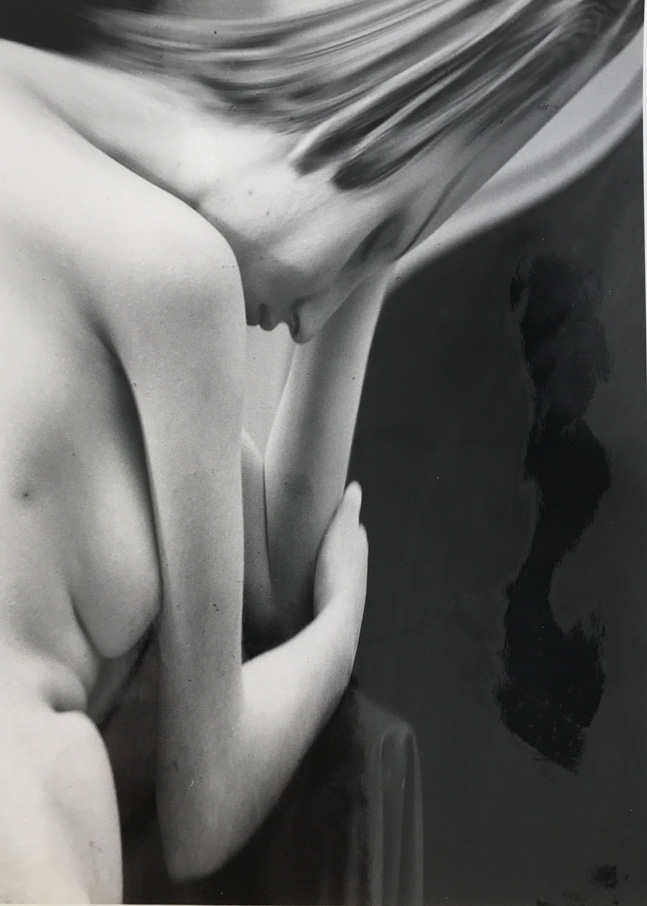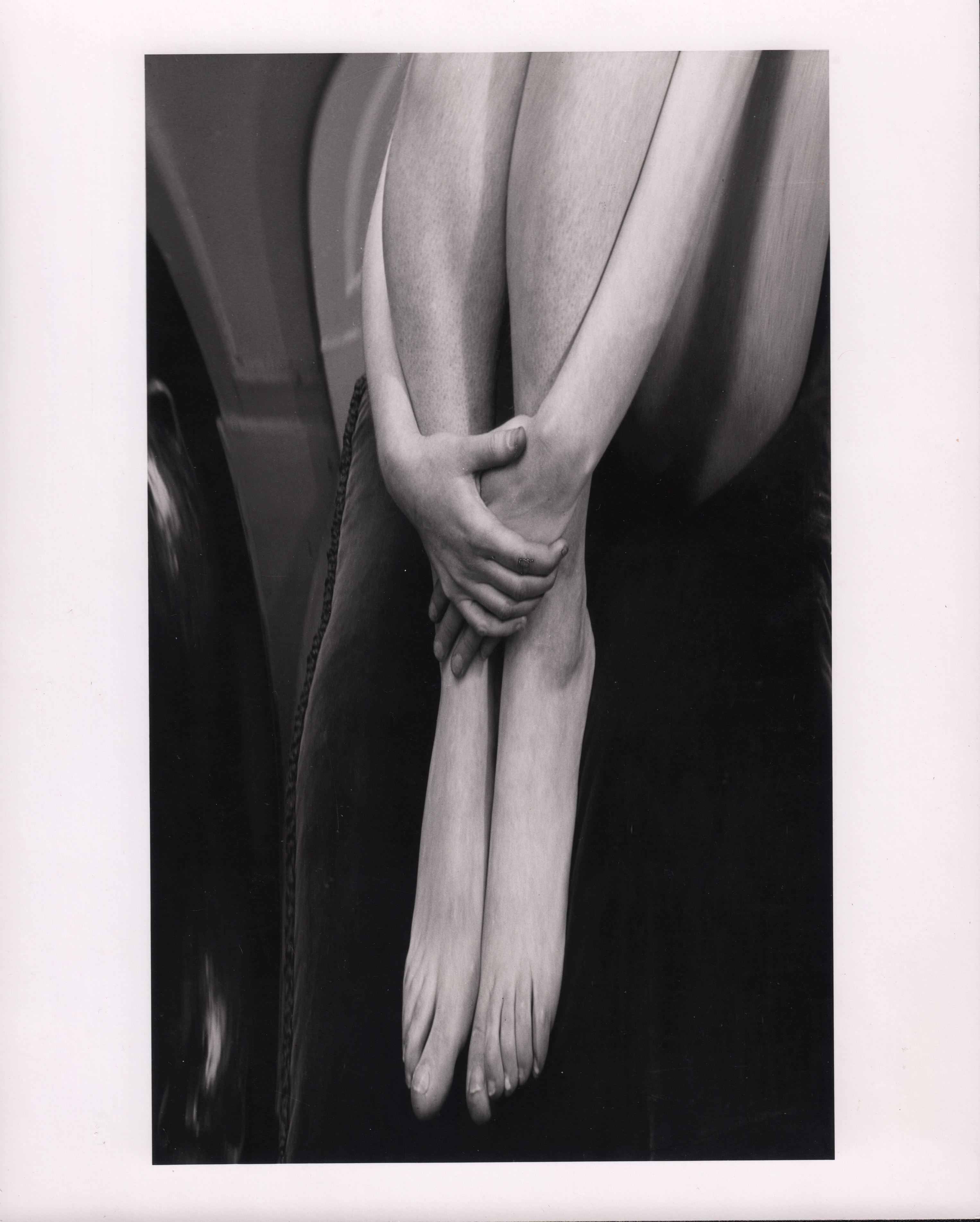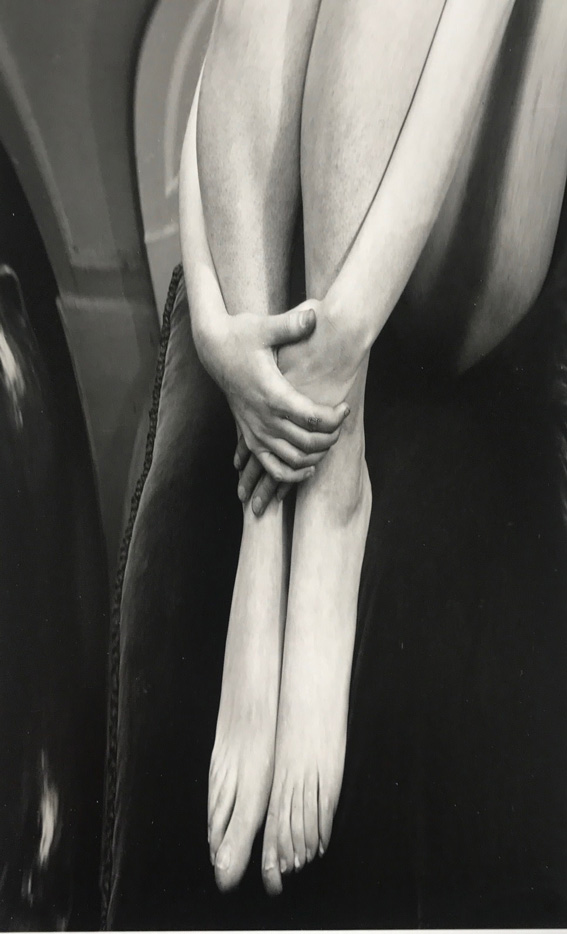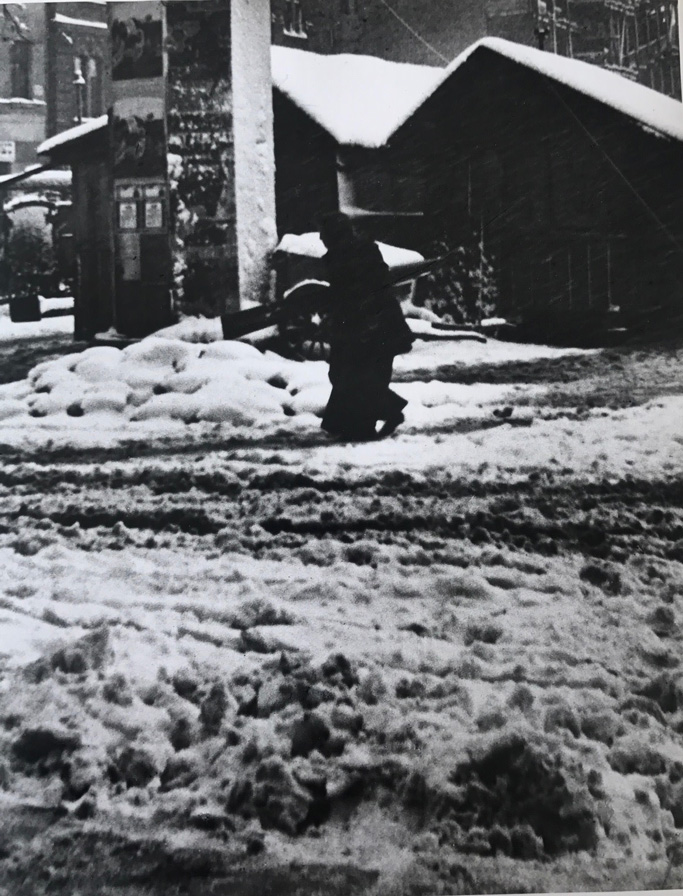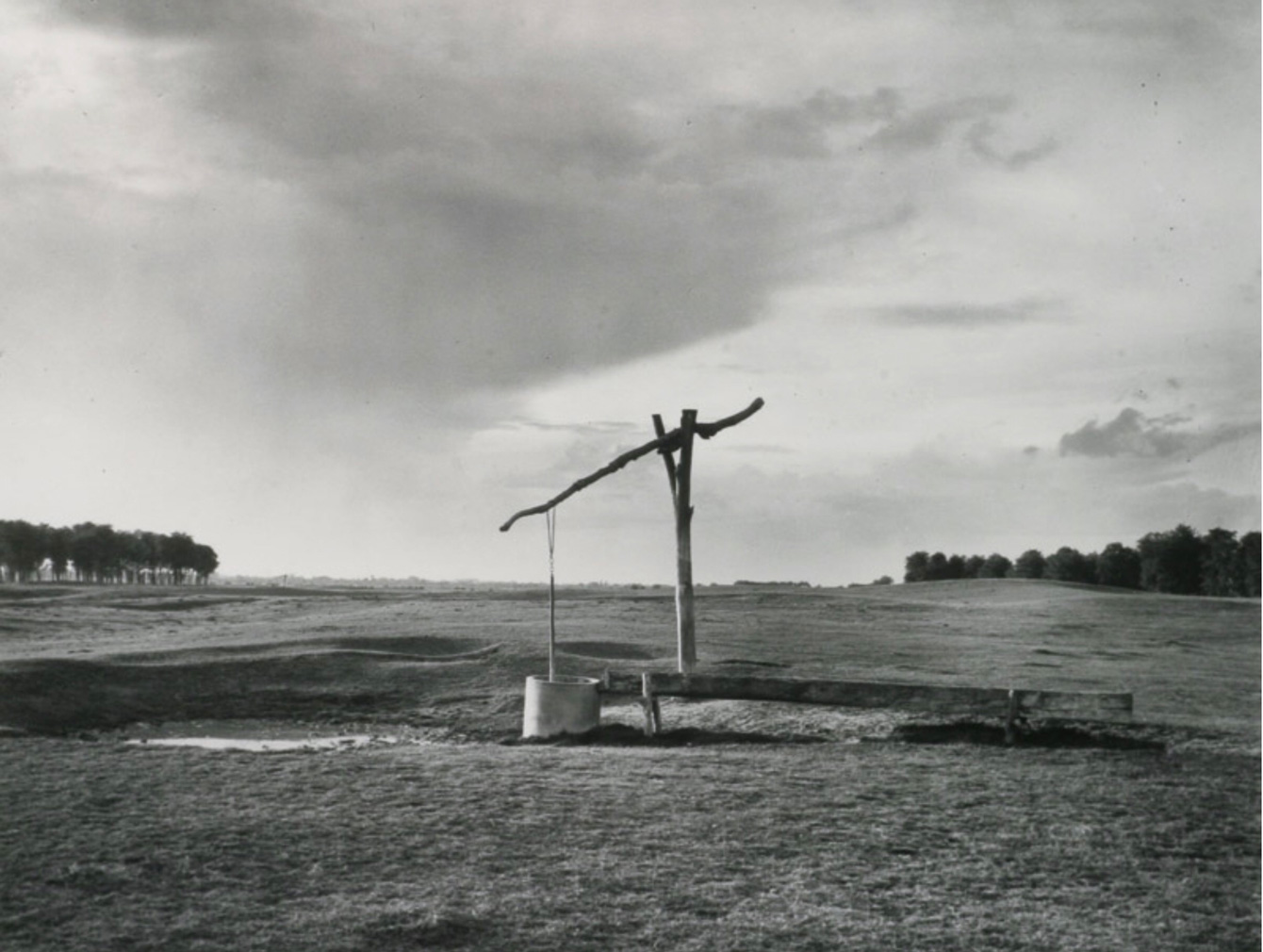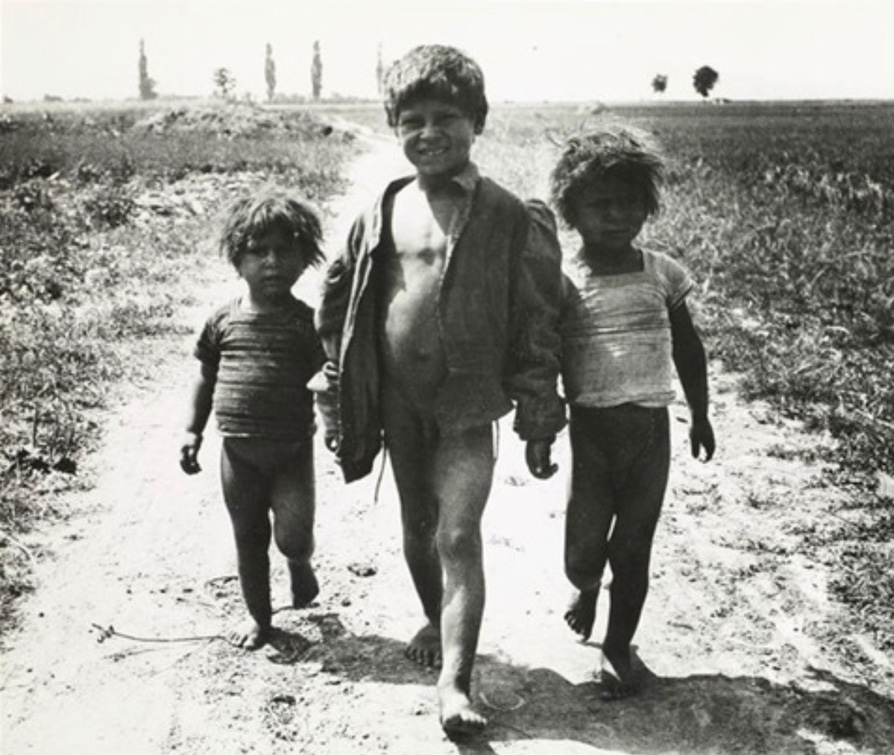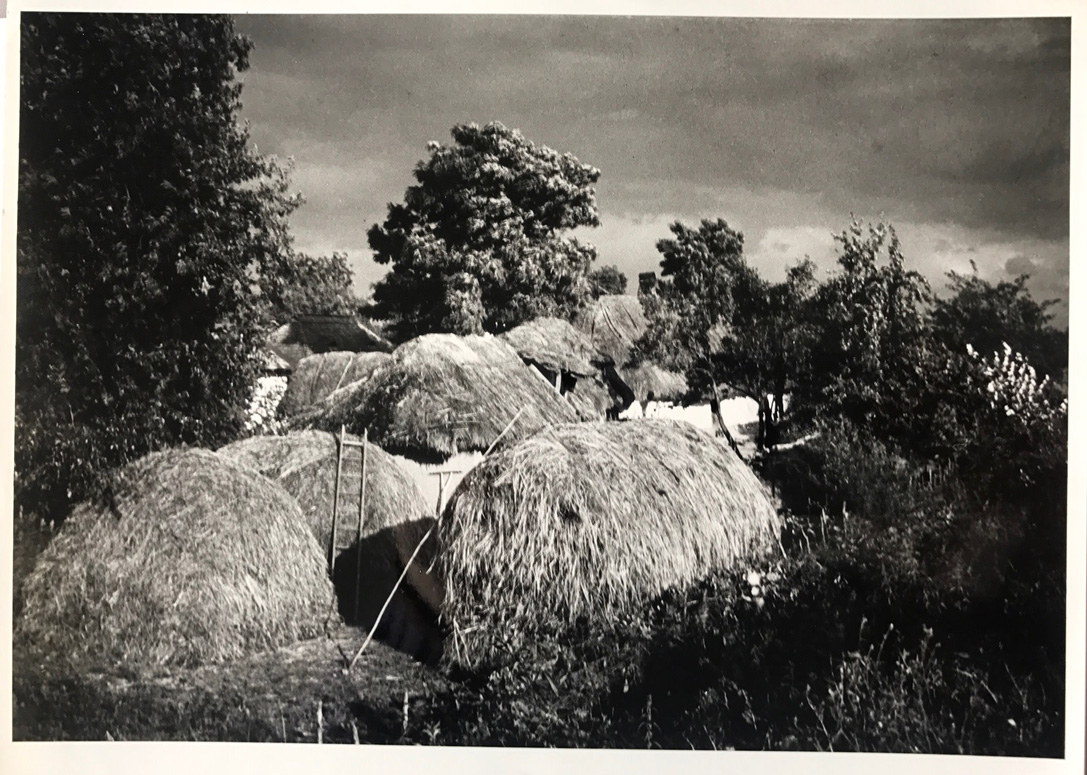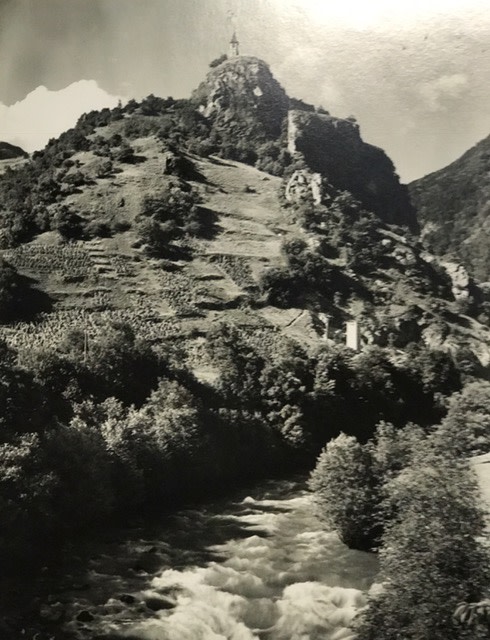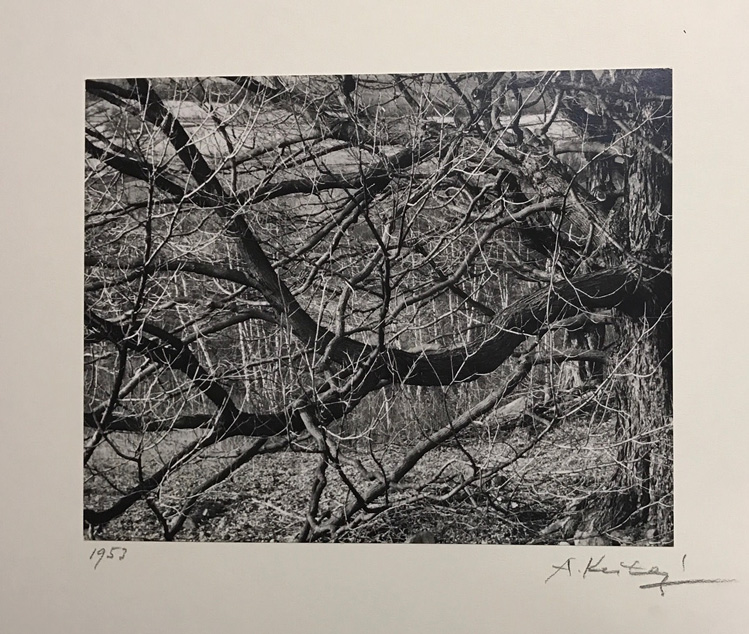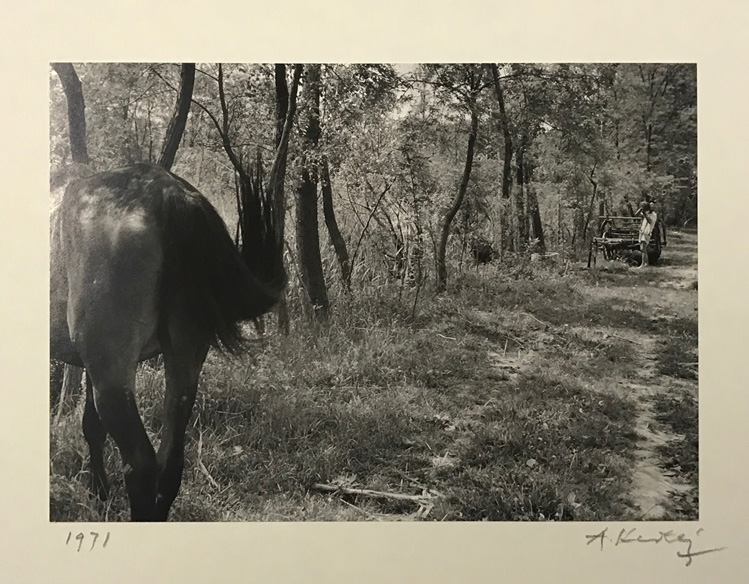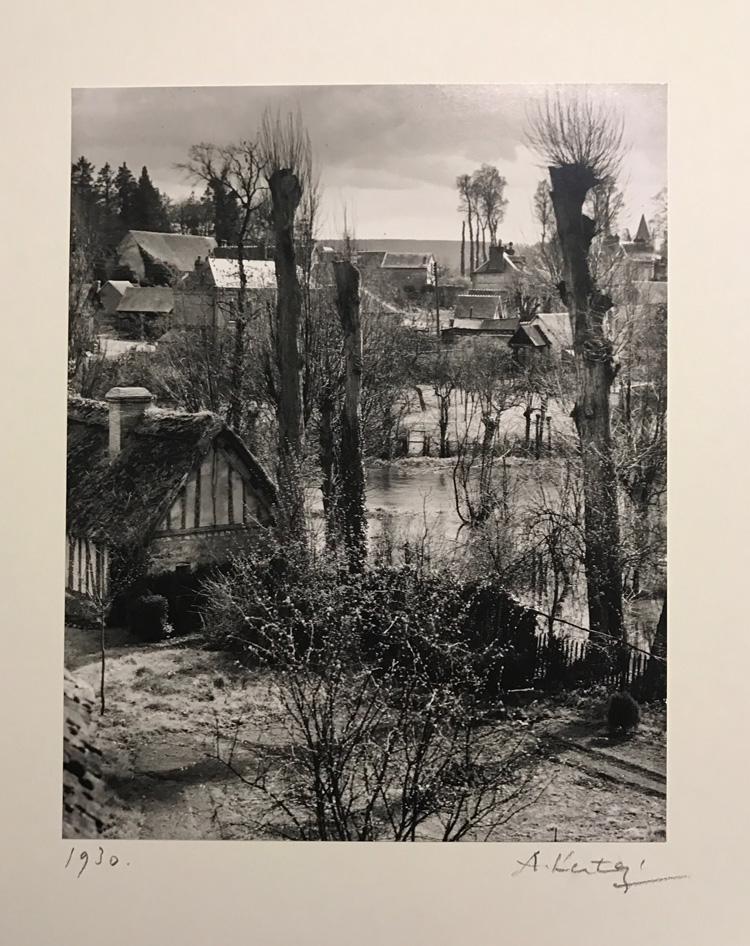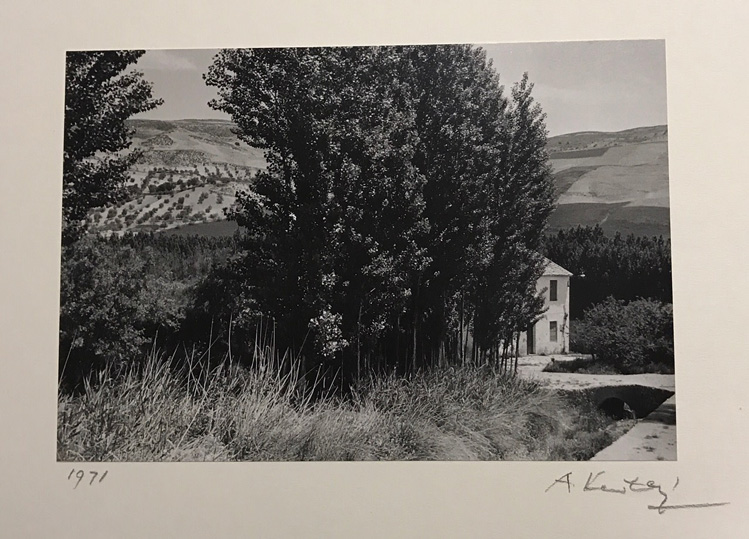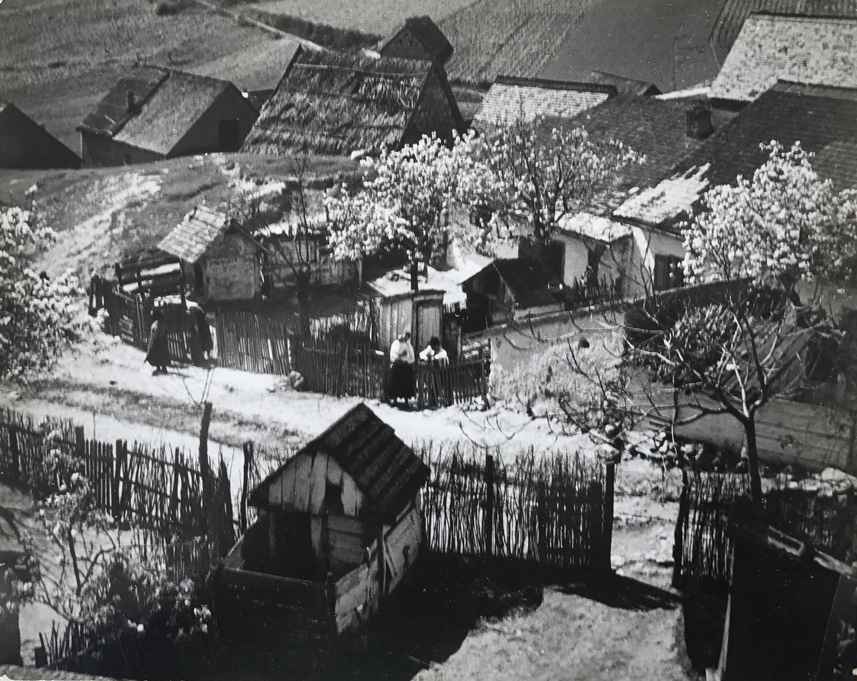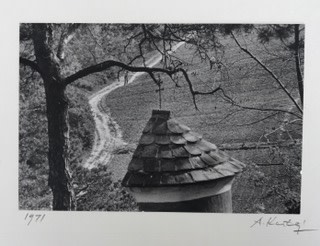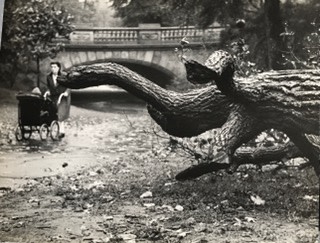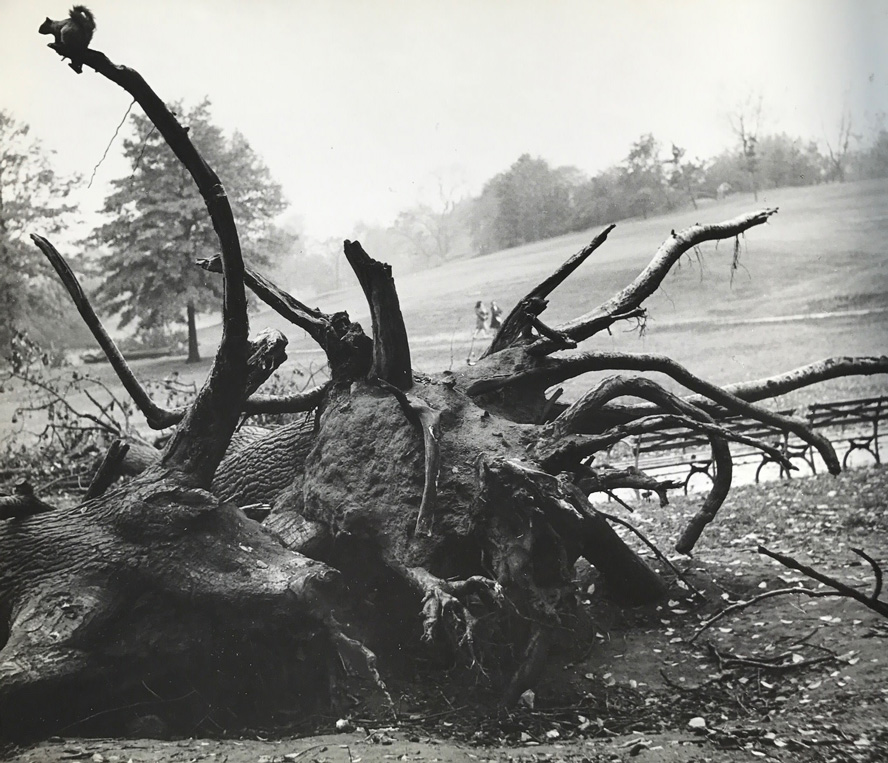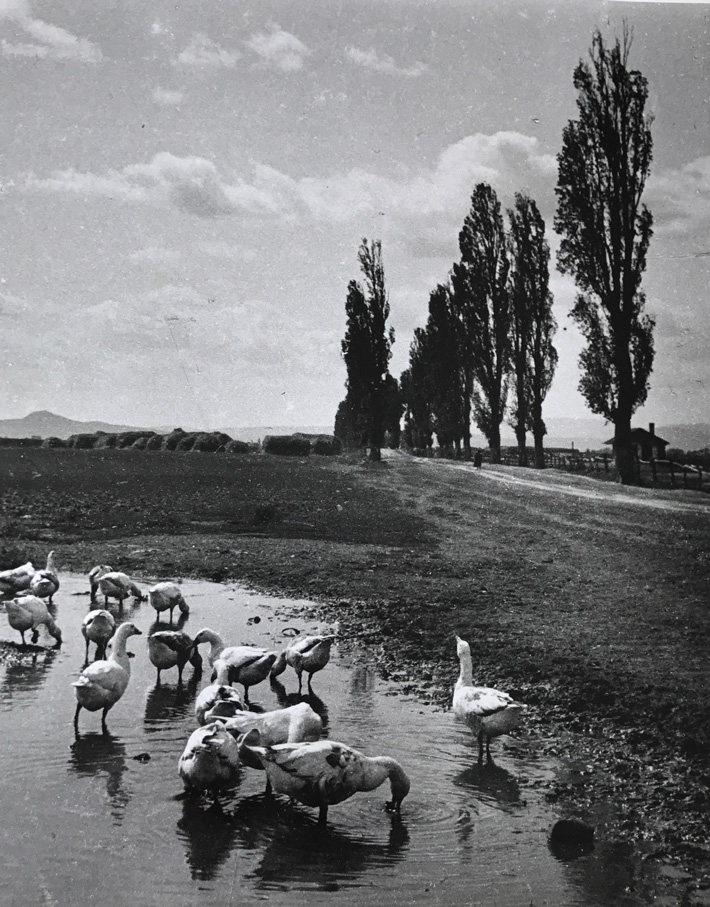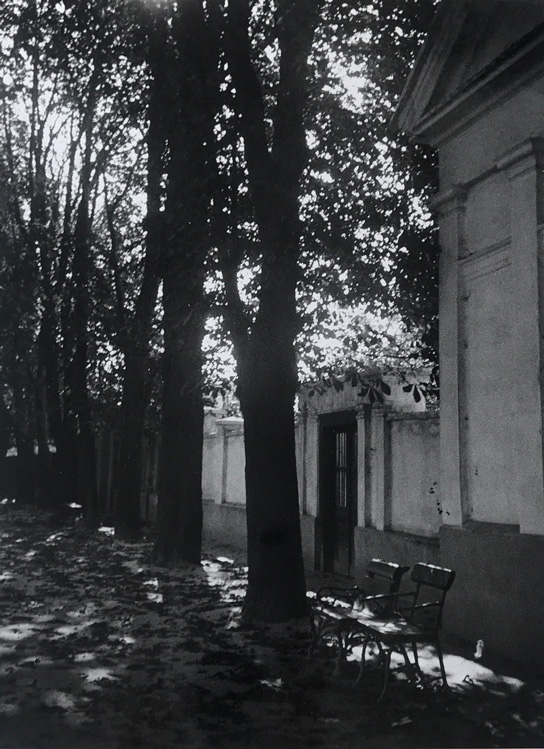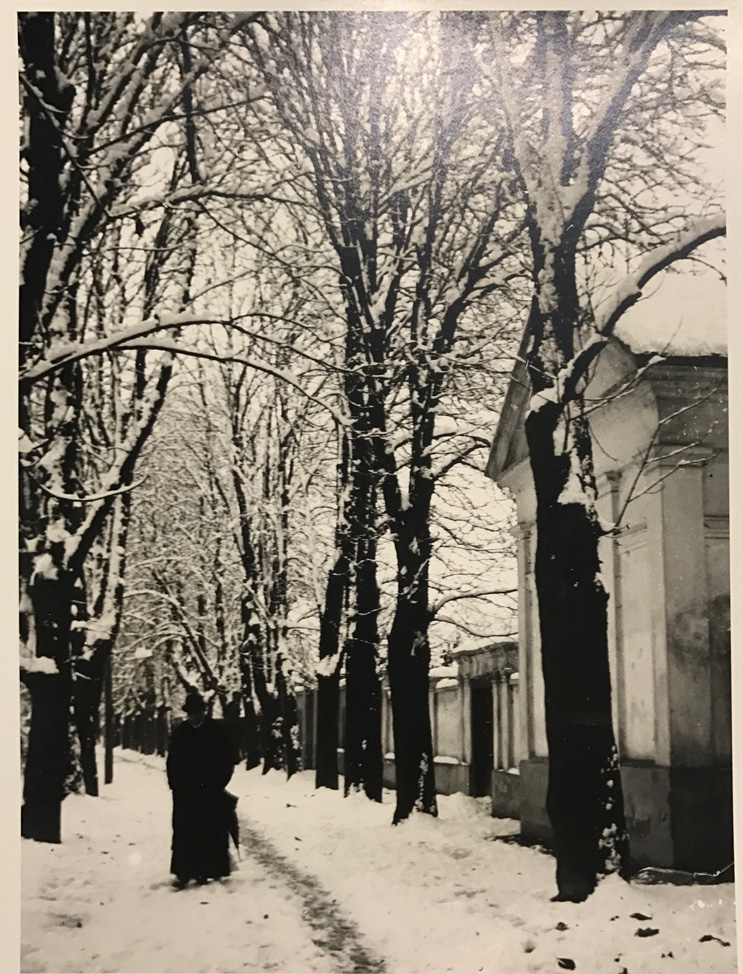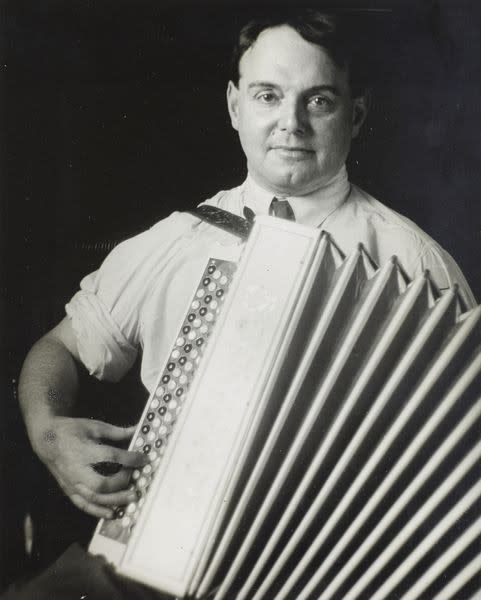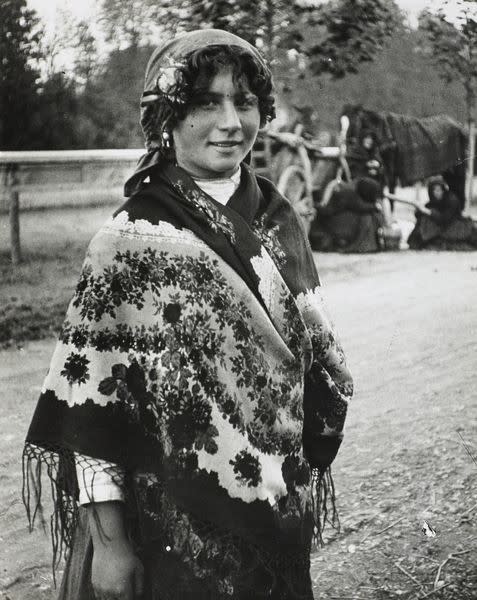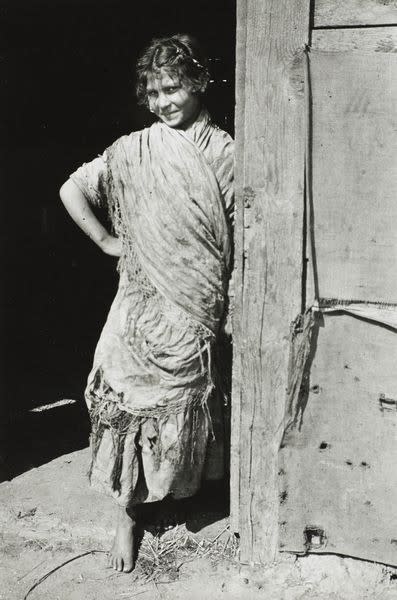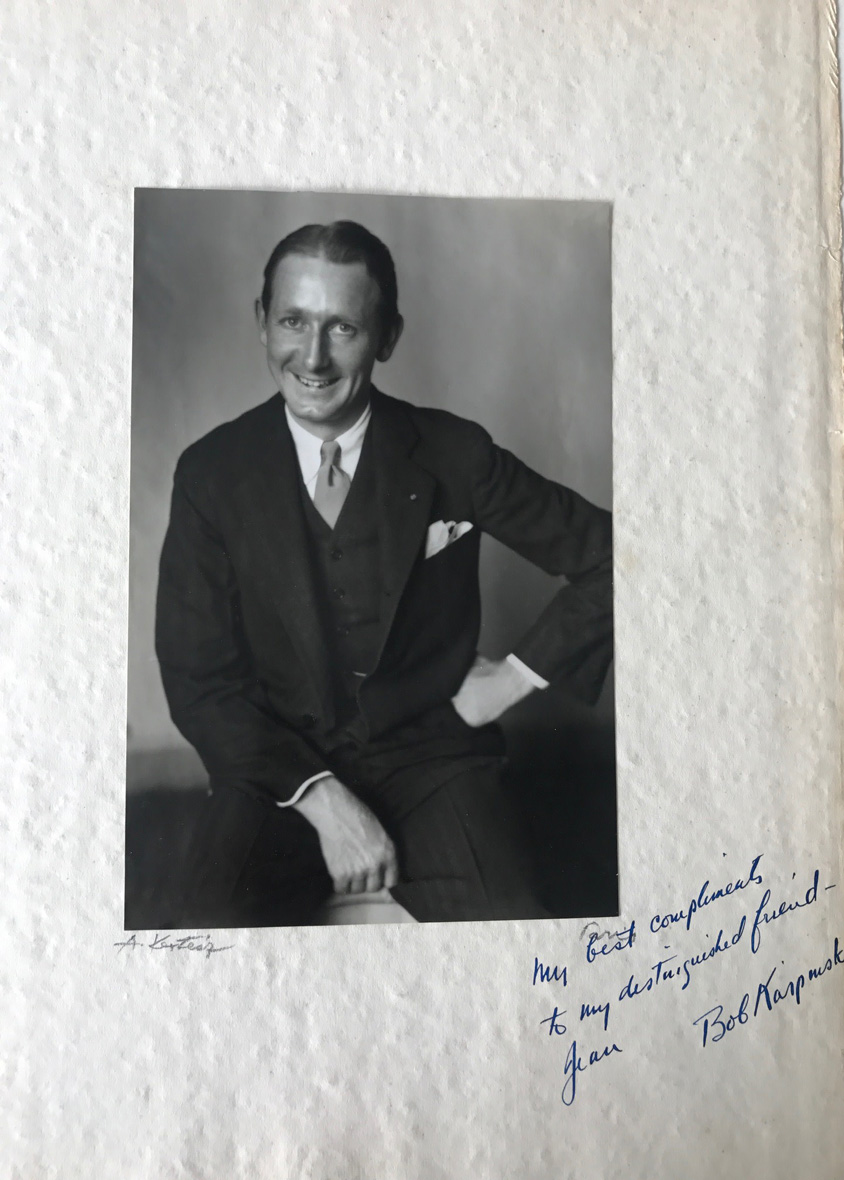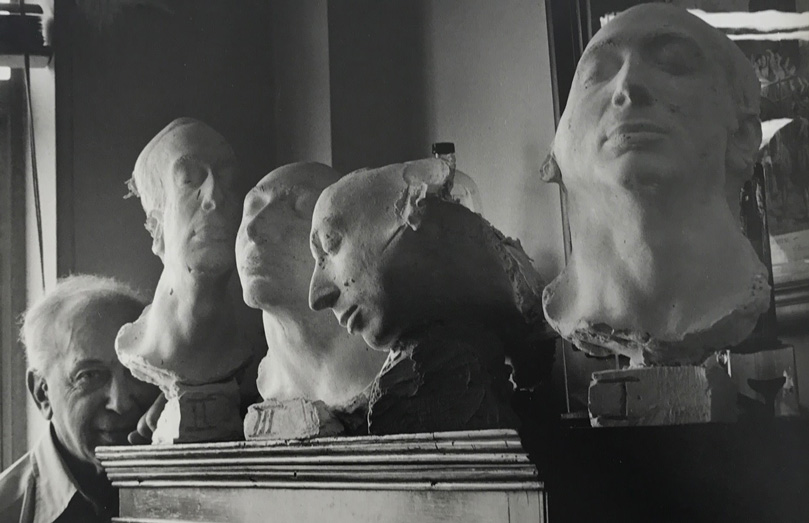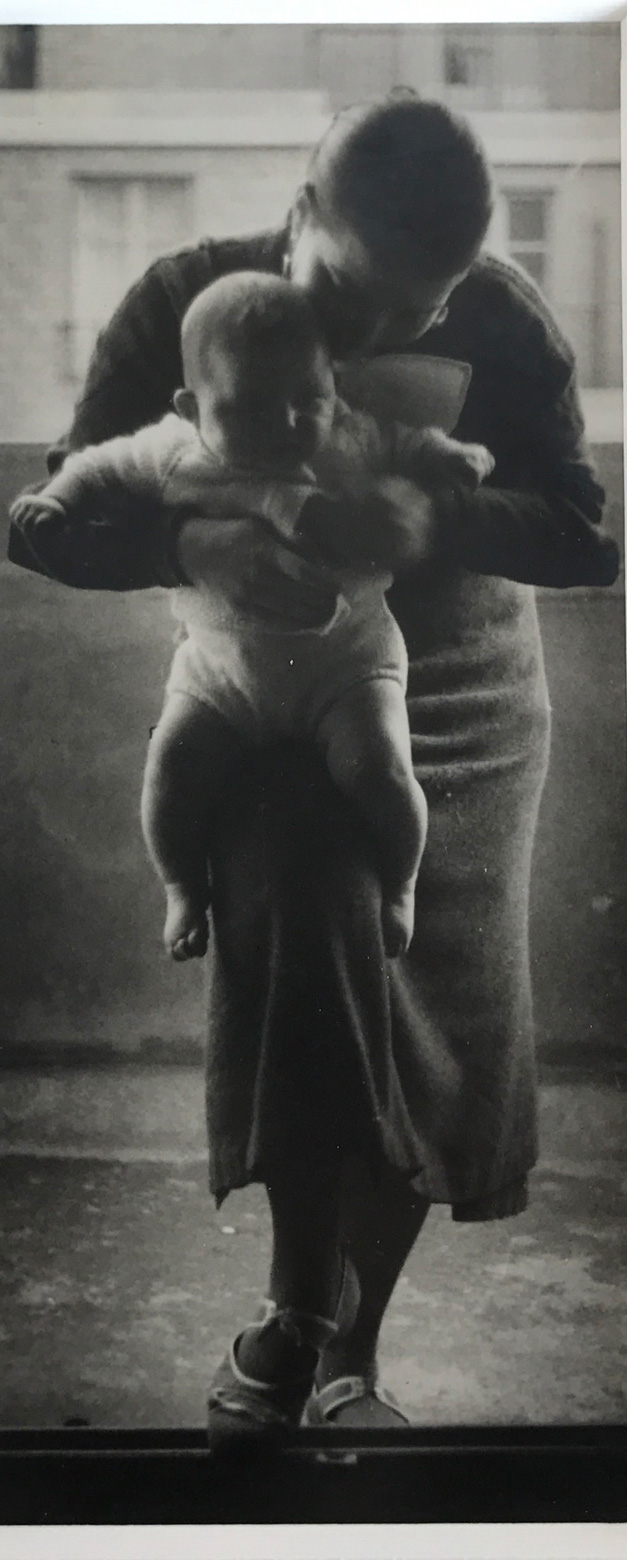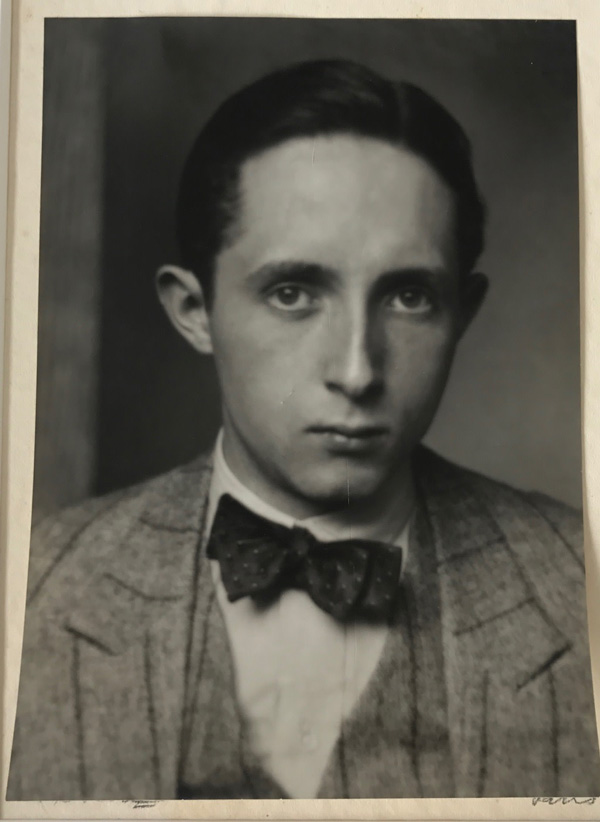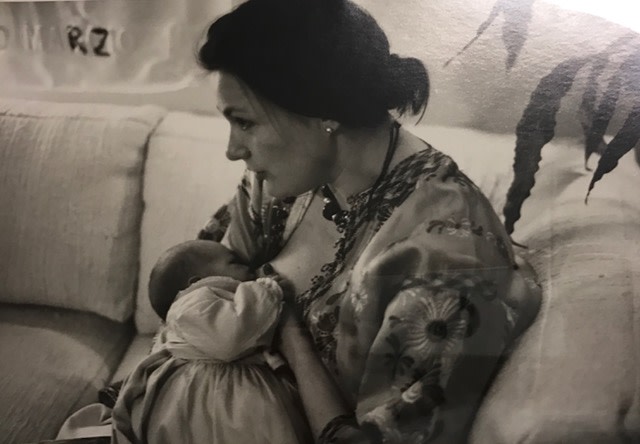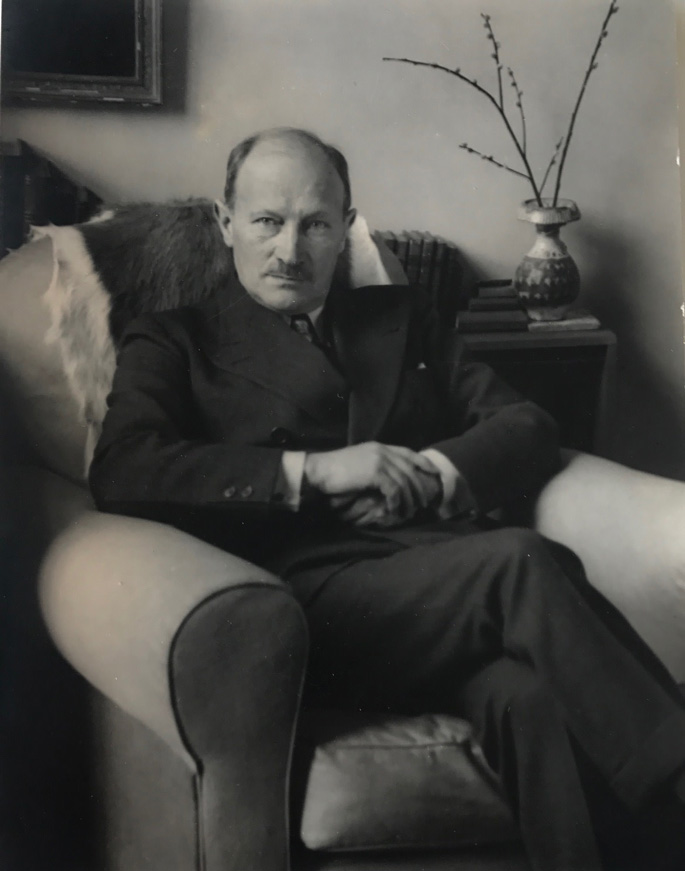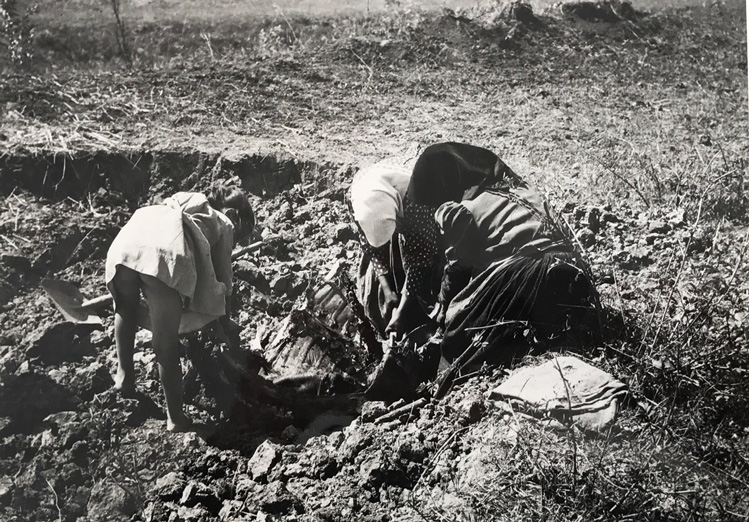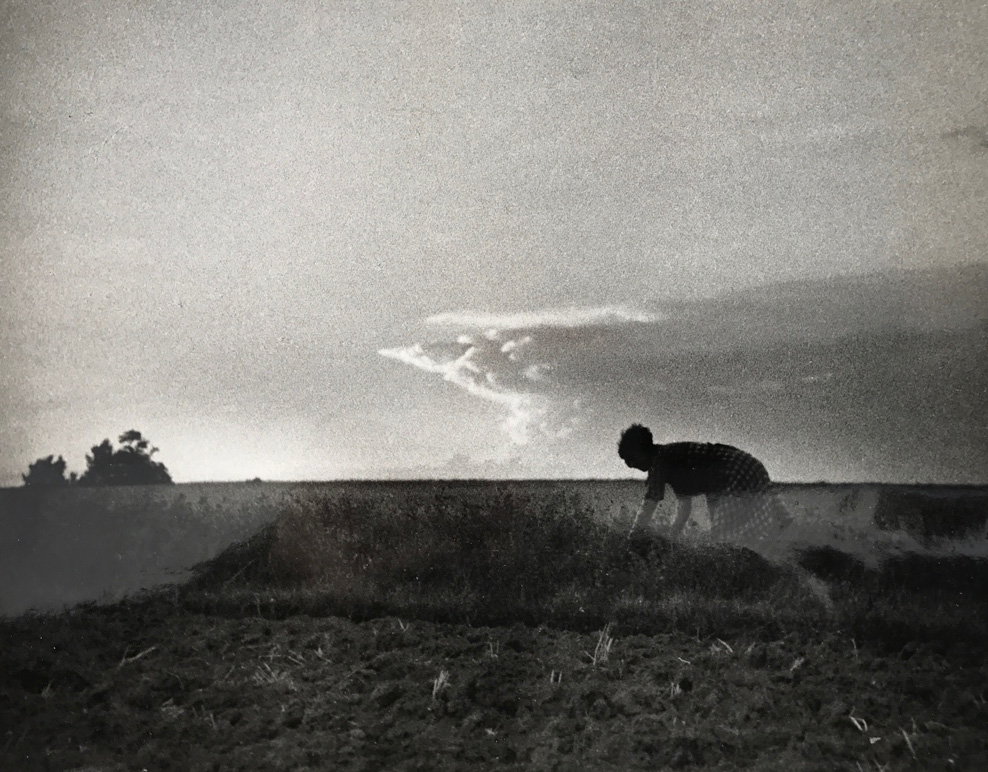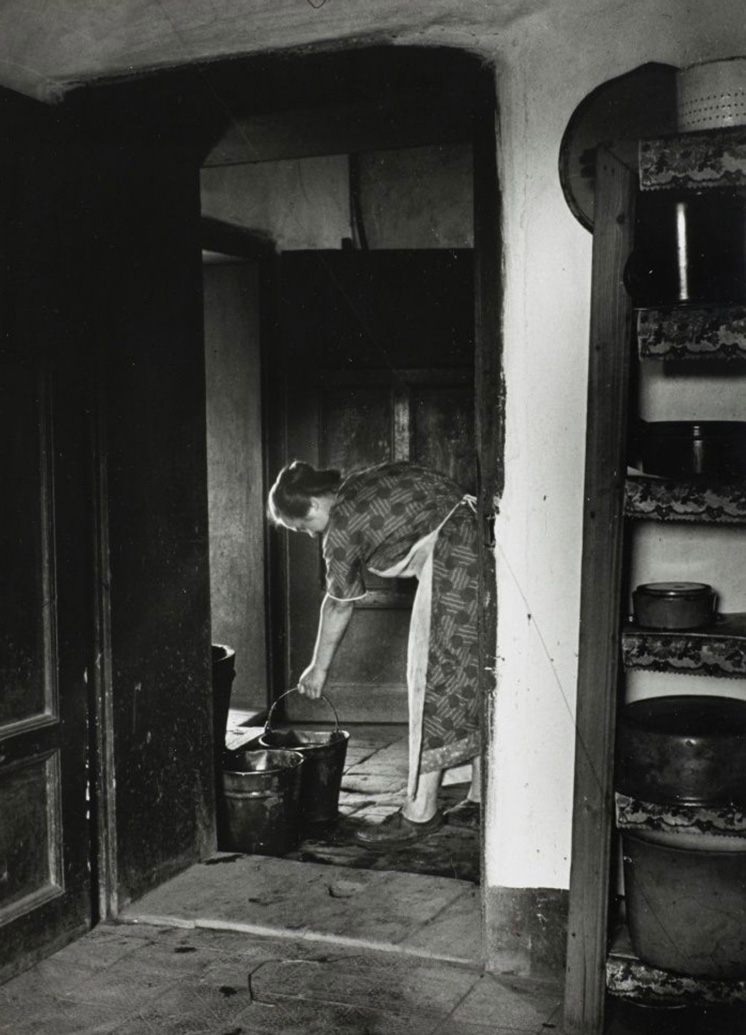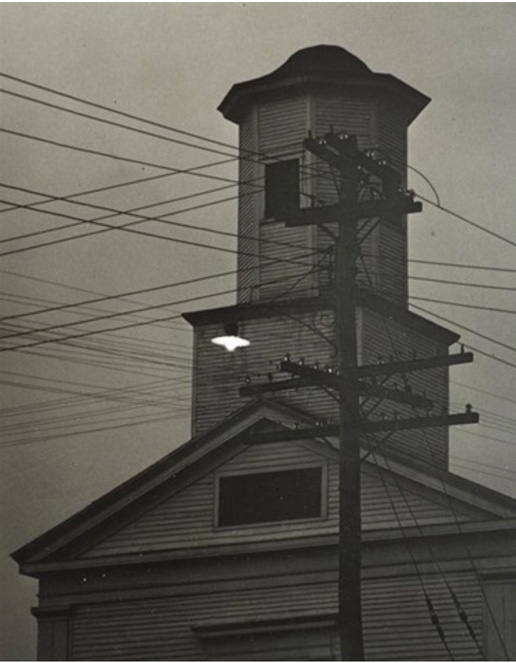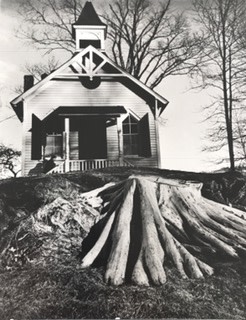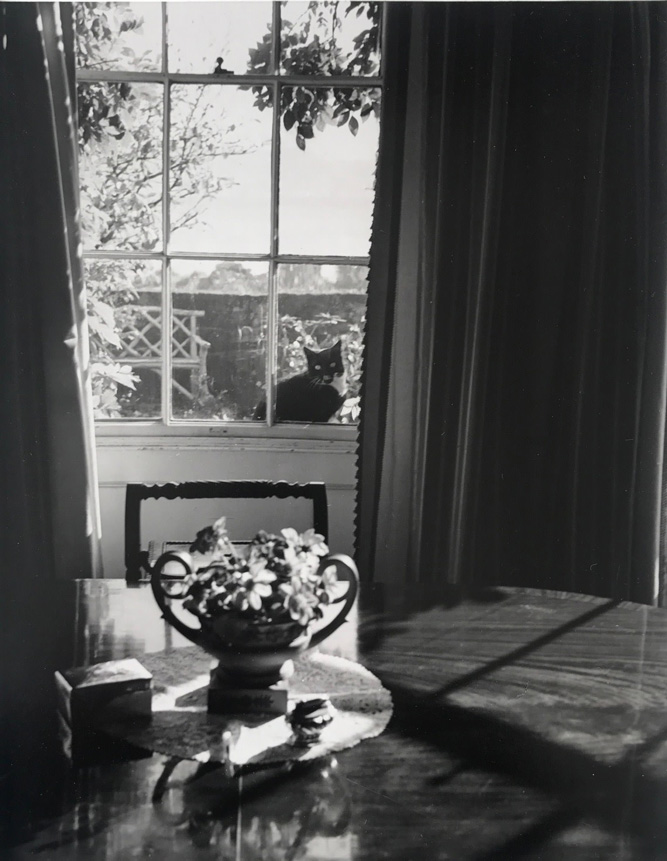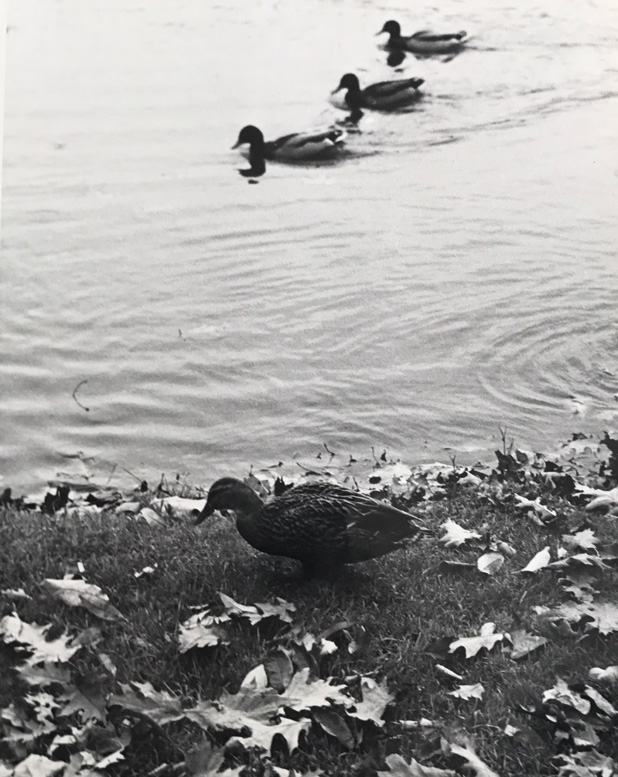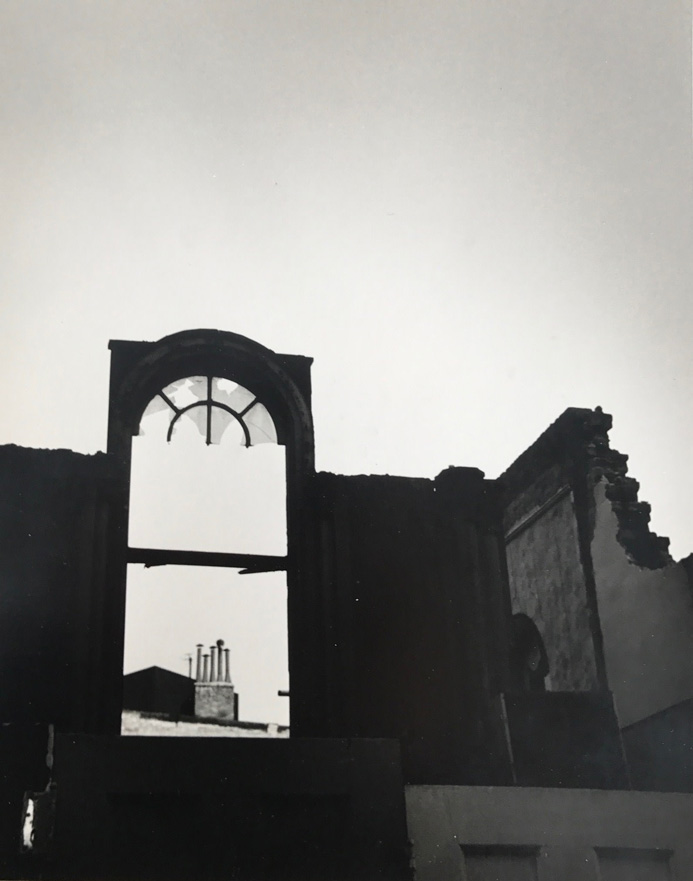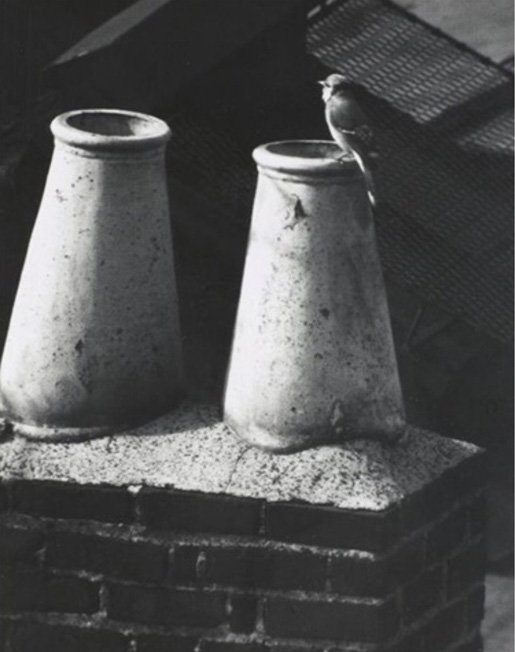[pdbs_signup]
artists
| Surname: | a | b | c | d | e | f | g | h | i | j | k | l | m | n | o | p | q | r | s | t | u | v | w | x | y | z |
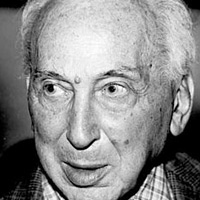
Andre Kertesz
1894-1985Biography
André Kertész was a Hungarian photographer who emerged as one of the most influential practitioners of the medium.
Prizing emotional impact over technique, he famously remarked, "I just walk around, observing the subject from various angles until the picture elements arrange themselves into a composition that pleases my eye."
Kertész remains best known for his contributions to photojournalism, employing distinctively dynamic compositions throughout his influential photo essays. He notably maintained a palpable empathy for his subjects, setting aside political or social biases regardless of who he was photographing.
Born Kertész Andor on July 2, 1894 in Budapest, Austria-Hungary, he came from a Jewish middle-class background. Though his family expected him to pursue a career in business, he eventually moved to Paris and fell in with its bohemian culture. Throughout the mid-1920s, he met Piet Mondrian, Sergei Eisenstein, and many of the Dadaists.
Kertész eventually fled France and its growing Jewish persecutions, and emigrated to America where he went on to work for magazines such as Vogue, Harper's Bazaar, and House & Garden, as well as mounting solo shows at the Art Institute of Chicago in 1946 and at The Museum of Modern Art in New York in 1964.
Kertész died on September 25, 1985 in New York, NY.
Prizing emotional impact over technique, he famously remarked, "I just walk around, observing the subject from various angles until the picture elements arrange themselves into a composition that pleases my eye."
Kertész remains best known for his contributions to photojournalism, employing distinctively dynamic compositions throughout his influential photo essays. He notably maintained a palpable empathy for his subjects, setting aside political or social biases regardless of who he was photographing.
Born Kertész Andor on July 2, 1894 in Budapest, Austria-Hungary, he came from a Jewish middle-class background. Though his family expected him to pursue a career in business, he eventually moved to Paris and fell in with its bohemian culture. Throughout the mid-1920s, he met Piet Mondrian, Sergei Eisenstein, and many of the Dadaists.
Kertész eventually fled France and its growing Jewish persecutions, and emigrated to America where he went on to work for magazines such as Vogue, Harper's Bazaar, and House & Garden, as well as mounting solo shows at the Art Institute of Chicago in 1946 and at The Museum of Modern Art in New York in 1964.
Kertész died on September 25, 1985 in New York, NY.
˅


